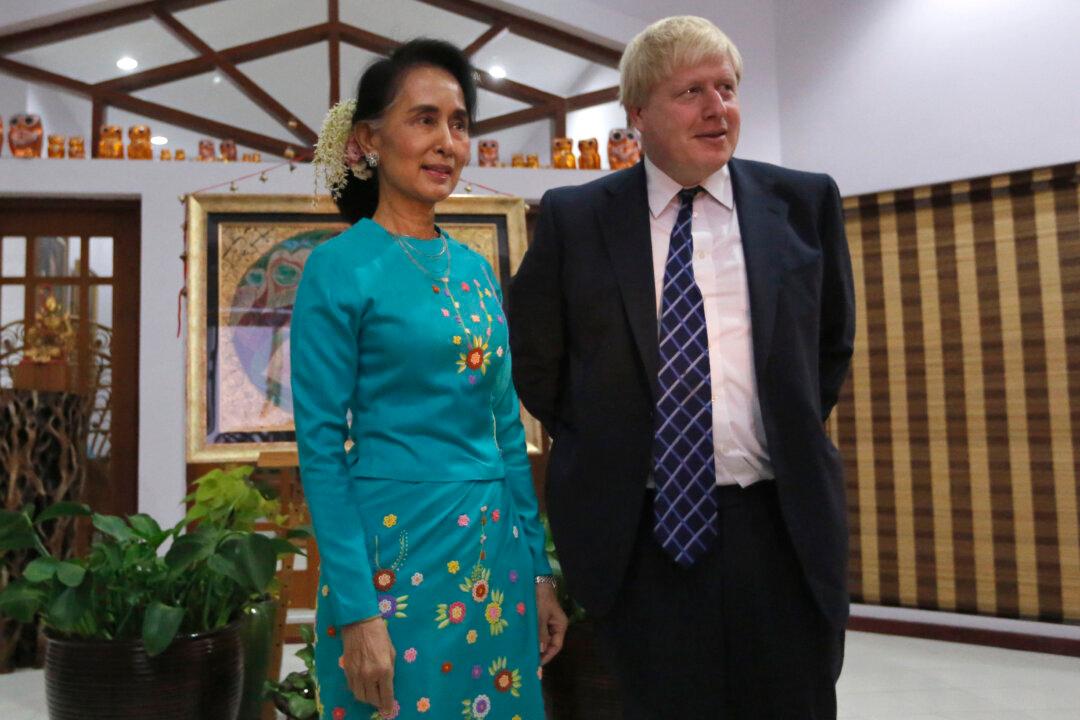The UK on Monday condemned the military coup in Burma and demanded the release of Aung San Suu Kyi and other civilian leaders.
Burma’s State Counsellor Aung San Suu Kyi, the nation’s top leader, and the country’s president, Win Myint, were both detained in pre-dawn raids on Monday, Suu Kyi’s ruling National League for Democracy party said.





